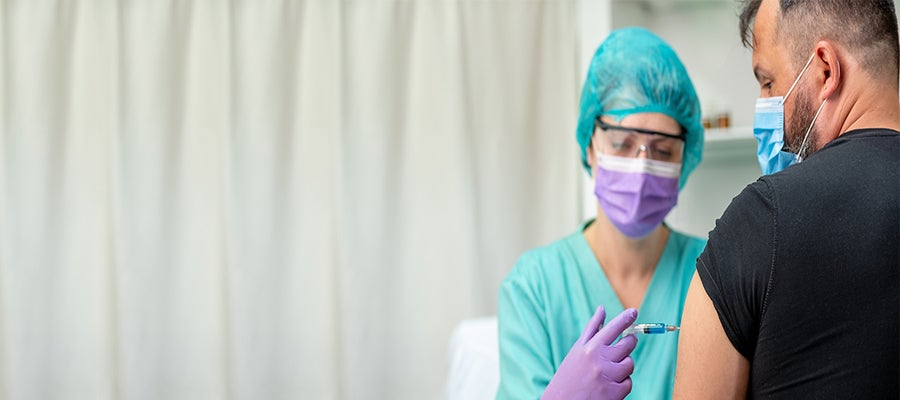
The Centers for Medicare & Medicaid Services’ Medicaid fiscal accountability proposed rule and recent block grant guidance “could have fiscal and credit repercussions” for states and health care providers, especially nonprofit providers with “higher Medicaid exposure,” according to a recent commentary by Fitch Ratings.






